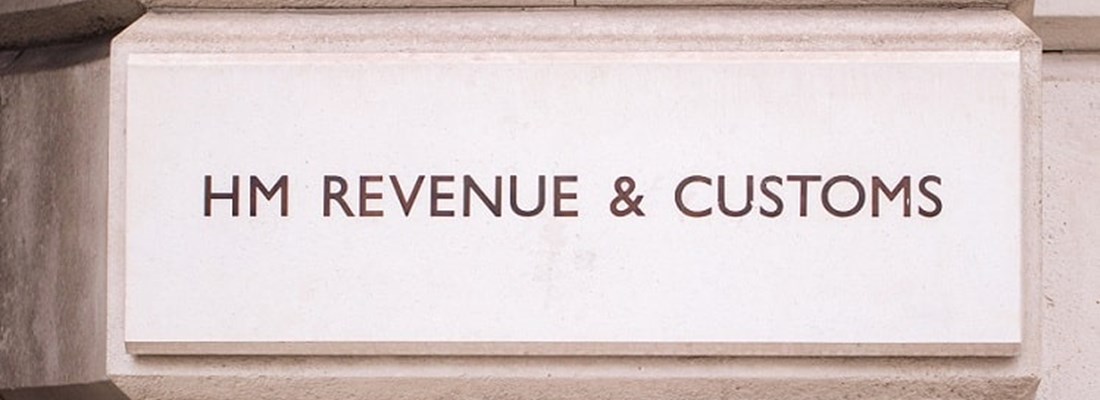To Pay or Not To Pay?

A recent case (TC08710: Stephen Garwood as executor of Rosemary Garwood First-tier Tribunal January 2023) illustrates the difficult decisions involved when deciding whether or not to ‘top up’ NIC.
The appeal was against a decision of HMRC not to repay the Class 3 NIC which his deceased wife had paid for the periods 2016/17 -2018/19 of £2,236.00.
In 2015 she made an online request for an estimate of her state pension from DWP, which stated that she had 34 qualifying years of NIC up until 2013/14. The estimate stated that it was based upon her NIC record to date and also that a deduction had been applied because she had been contracted out of the additional State Pension at some time.
As she approached state retirement age, she was unsure of her entitlement to the state pension, and so she telephoned the DWP's pensions helpline at the beginning of March 2019, which told her that under the new pension rules she was not entitled to a full state pension. However, if she made voluntary contributions for three years (2016/17, 2017/18 and 2018/19), she would become entitled to the new state pension in full.
She enquired whether making voluntary contributions for 2015/16 (when she had worked for part of the year) to bring it up to a full qualifying year would give her a full entitlement, as she would then have 35 qualifying years of contributions but was told that making contributions in respect of any period prior to April 2016 would make no difference to her entitlement.
The DWP advisor was not able to explain why making three years of voluntary contributions were required (meaning that she would have 37 qualifying years of contributions). He told her that it was too complicated to explain.
She did not tell the DWP advisor that she was recovering from cancer and the DWP advisor did not tell her that voluntary contributions were not refundable. All of this was heard by her husband who listened into the call.
Reg 52 Social Security (Contributions) Regulations 2001 allows the repayment of Class 3 NIC if it has been paid in error, namely an error which is made at the time of the payment and relates to some past or present matter.
Professor Garwood argued that there were two errors:
- that the advisor on the DWP's helpdesk did not tell Mrs Garwood that the deadline for making the payment of the Class 3 contributions was 5 April 2023 (after her death); and
- the advisor on the DWP helpdesk did not tell Mrs Garwood that Class 3 contributions were not refundable.
- If his wife had been made aware of these factors, she would not have made payment of the contributions in March 2019. Instead, she would have waited until just before reaching state pension age before making payment, by which time she would have been aware that the cancer had spread and become terminal and that there was no point in making the contributions.
The Tribunal stated:
In our view, whilst we have some sympathy with the position in which Professor Garwood finds himself, we find that there has been no error or mistake which would give rise to a right to a return of the class 3 NICs paid by Mrs Garwood.
There was no error or mistake in the advice given to Mrs Garwood by the DWP pensions helpline advisor. Nothing said by the advisor was wrong.
Nor do we consider that there was any error or mistake made by Mrs Garwood. She made the payment of the voluntary contributions with the intention of increasing the amount of her state pension. She benefited from that increase – admittedly only for the few days between reaching state pension age and her death. It was (to say the least) unfortunate that she died only a few days after she reached state pension age, and so did not live long enough to accrue the full economic benefit of the voluntary payments that she made.
It is a matter of speculation whether Mrs Garwood would have deferred making the voluntary class 3 NICs if she had been made aware that they were non-refundable, and that the payment deadline was in 2023.
The appeal was dismissed.




